Rosemere Neighborhood Association and Longview based Land Owners and Citizens for a Safe Community have prevailed in their efforts to bring substantial pollution reduction changes to the Millennium Bulk Logistics coal terminal in Longview. The settlement was finalized just days before the community groups planned to file a federal Clean Water Act suit in federal district court against Millennium and their Australian parent company Ambre Energy. Millennium claimed to be operating under a permit first issued to Reynolds Aluminum over 20 years ago.
The agreement creates substantial new limits on the operation of the facility and requires Millennium to obtain a new pollution permit that will update the outdated pollution limits which are now two decades old.
A summary of key points from the settlement is below. The entire settlement document can be found here: FINAL Settlement Agreement RNA & LCSC vs MBTL
Clean Water Act settlement summary:
Under the agreement with Rosemere Neighborhood Association & Landowners and Citizens for a Safe Community, until Millennium Bulk Terminals/Longview receives a new Clean Water Act discharge permit from Ecology, Millennium must:
- Remove coal and pet coke piles: Millennium will have to remove the massive outdoor coal and petroleum coke piles that have dominated the site in recent years. Millennium will also be prohibited from any outdoor storage of coal. Millennium has already moved much if not all of the coal pile inside the old aluminum plant buildings and plans to remove the pet coke piles within six months.
- No new customers: Millennium is prohibited from providing coal to any new customers and thus the terminal is limited to providing coal to Weyerhauser.
- New pollution reduction measures: The agreement requires Millennium to implement a capital project to cover over its coal conveyors used to move coal around the site to prevent rainfall from contacting the coal. It is also required to install EPA- certified pollution control filters at stormwater inlets.
- Penalty payment of $50,000. In lieu of any Clean Water Act penalties Millennium will pay a $50,000 “Supplemental Environmental Project” in two increments to Friends of the East Fork, which works on habitat restoration for salmon.
- Commitment to obtain new pollution control permit: After LCSC and Rosemere filed its notice of intent to sue Millennium filed for a new pollution control permit with the Dept. of Ecology. Under the settlement Millennium must continue to move forward with this new permit which should provide significantly tougher pollution limits on the terminal than those contained in the 20-year old permit Millennium says currently applies to its operations.
- Attorney fees and costs. Millennium will pay all of LCSC and Rosemere’s attorneys fees and costs for preparing the case.
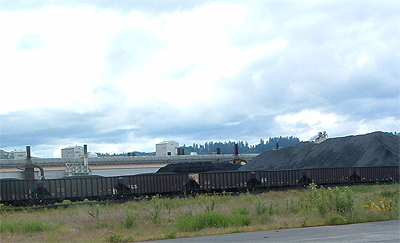
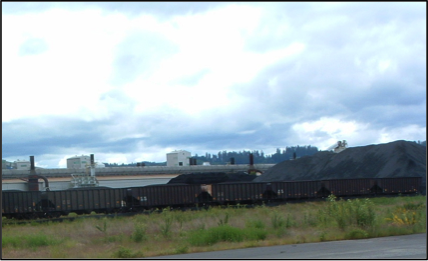

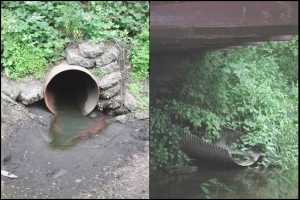


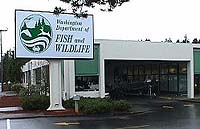


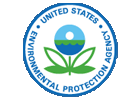







![Washington State Water Quality Assessment [303(d)] Washington State Department of Ecology](http://www.rosemerena.org/home/wp-content/uploads/2009/03/ecy_logo.gif)

